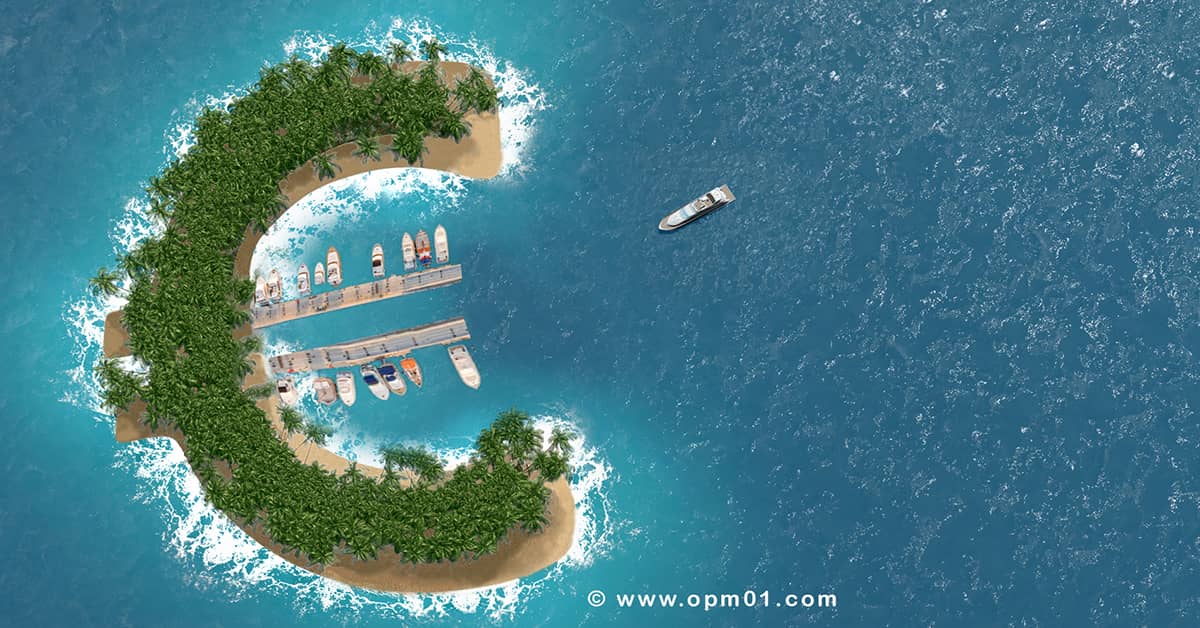Customized Offshore Company Formation: Customize Your Organization Structure
Customized Offshore Company Formation: Customize Your Organization Structure
Blog Article
Master the Art of Offshore Firm Formation With Expert Tips and Techniques
In the realm of international organization, the facility of an offshore firm demands a tactical method that exceeds plain documents and filings. To browse the intricacies of offshore business development successfully, one have to be skilled in the nuanced pointers and strategies that can make or damage the procedure. By understanding the advantages, details of jurisdiction choice, structuring strategies, conformity requirements, and ongoing monitoring basics, one can unlock the complete capacity of offshore entities. These skilled insights provide a glance right into a world where savvy choices and meticulous preparation pave the method for success in the international service landscape.
Advantages of Offshore Business Development

Developing an offshore firm provides a series of benefits for organizations seeking to optimize their financial procedures and global presence. Among the primary benefits is tax obligation optimization. Offshore jurisdictions typically provide desirable tax structures, permitting firms to lower their tax obligation burdens legitimately. This can result in considerable expense savings, improving the company's earnings over time.
In addition, overseas business offer improved personal privacy and privacy. In several territories, the information of company ownership and financial information are kept confidential, supplying a layer of protection versus competitors and potential risks. This discretion can be especially advantageous for high-net-worth individuals and organizations running in sensitive markets.
Additionally, overseas firms can help with global organization expansion. By developing a visibility in numerous jurisdictions, companies can access brand-new markets, expand their revenue streams, and minimize dangers related to operating in a solitary area. This can cause boosted strength and development chances for the service.

Picking the Right Territory
Because of the various benefits that offshore business development can provide, a crucial calculated factor to consider for organizations is picking one of the most suitable territory for their operations. Selecting the right territory is a choice that can significantly impact the success and effectiveness of an overseas business. When choosing a territory, elements such as tax obligation regulations, political stability, legal structures, personal privacy regulations, and track record needs to be meticulously evaluated.
Some overseas areas use favorable tax systems that can help businesses lessen their tax obligations. Legal structures vary across territories and can affect exactly how services operate and deal with disputes.
Selecting a territory with a strong credibility can improve trustworthiness and trust in your offshore firm. Cautious factor to consider of these factors is vital to make an educated choice when selecting the appropriate territory for your overseas business development.

Structuring Your Offshore Company
When establishing your overseas firm, the structuring process is a crucial step that needs mindful preparation and factor to consider. The means you structure your offshore company can have significant implications for taxes, obligation, compliance, and general functional effectiveness. One usual structuring choice is to develop a standalone offshore entity that operates independently from your onshore service. This can give added possession protection and tax advantages however may likewise involve greater arrangement and maintenance costs. One more approach is to produce a subsidiary or branch of your existing company in the overseas jurisdiction, allowing for closer assimilation of operations while still gaining from overseas benefits.
Consideration ought to additionally be provided to the ownership and administration framework of your overseas business. like this Decisions concerning investors, supervisors, and police officers can impact governance, decision-making procedures, and governing obligations. It is advisable to look for professional suggestions from legal and economic experts with experience in overseas firm development to ensure that your selected framework lines up with your service objectives and follow relevant legislations and policies.
Compliance and Policy Basics

In addition, remaining abreast of transforming guidelines is vital. On a regular basis evaluating and upgrading company files, economic records, and operational techniques to straighten with progressing conformity criteria is necessary. Engaging with legal advisors or compliance professionals can give beneficial advice in browsing intricate regulatory structures. By prioritizing compliance and law fundamentals, overseas business can operate ethically, alleviate risks, and develop trust with stakeholders and authorities.
Maintenance and Ongoing Management
Effective monitoring of navigate to this website an overseas firm's continuous maintenance is vital for ensuring its long-term success and compliance with regulatory needs. Normal upkeep tasks include upgrading business documents, restoring licenses, filing yearly reports, and holding shareholder conferences. These tasks are important for maintaining excellent standing with authorities and maintaining the lawful status of the overseas entity.
Additionally, continuous monitoring includes looking after monetary purchases, keeping track of compliance with tax guidelines, and sticking to reporting demands. It is vital to designate professional specialists, such as accounting professionals and legal experts, to assist with these duties and make certain that the business runs efficiently within the boundaries of the regulation.
Moreover, staying notified regarding changes in regulation, tax regulations, and compliance standards is paramount for reliable ongoing monitoring. Frequently examining and updating business administration techniques can help minimize risks and guarantee that the overseas firm remains in good standing.
Conclusion
Finally, mastering the art of offshore firm development calls for mindful factor to consider of the advantages, territory selection, firm structuring, compliance, and recurring administration. By recognizing these essential elements and applying expert pointers and techniques, people can effectively develop and keep offshore firms to maximize their organization possibilities and monetary advantages. It is crucial to prioritize conformity with policies and faithfully manage the firm to ensure long-lasting success in the offshore company setting.
Report this page